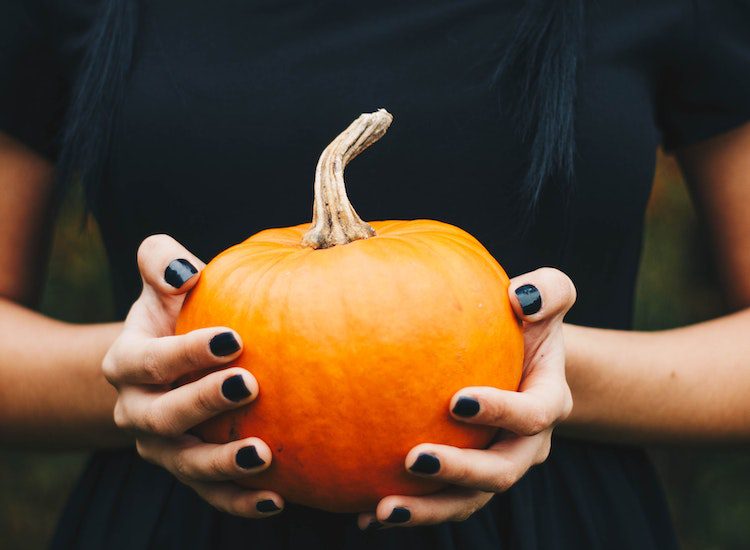Halloween is nearly here. Kids are deciding on their costumes, adults are planning parties, and candymakers are counting up the profits from the sale of all those “fun size” servings of sweets. There is an undercurrent of scariness running through the whole holiday, but as a rule, it’s all in good fun. You might watch a horror movie or visit a haunted house or set up a scary scene to startle trick-or-treaters. A little spookiness makes the whole holiday more fun, and everyone has the opportunity to pretend to be someone else for a night. But Halloween can also serve as a metaphor for the hidden dangers that can lead to relapse for a person in recovery from a substance use disorder.
You can think of these dangers to your sobriety as being in costume—trying to convince you they are one thing when they are really another. If they pull off that trick, the result definitely will not be a treat.
Let’s look at some risks to your recovery that might look like something quite different when you first encounter them. That way, you don’t relapse.
Old ‘Friends’ Can Lead to Old Habits
There is a pretty good chance you had some fun back when you were using drugs or drinking alcohol, and there might have been a group of friends who were part of those fun times.
Now you are sober, but you just got a text from one of these old friends. They are inviting you to hang out for the evening—and they want you to know that they respect your sobriety and won’t do anything to trip you up.
You are tempted to go. It sounds fun and safe, right? You don’t have to worry about relapse, right?
Wrong.
Even if your friends from the past are totally on the up-and-up about their respect for your sobriety, putting yourself in an old situation is all too likely to result in an old result—you are taking drugs or drinking alcohol.
Unfortunately, staying sober often means staying away from people you associate with old behavior patterns.
Your New Enthusiasm Might Be a Disguised Addiction
Now that you are sober, you might really be throwing yourself into work—getting there early, eating lunch at your desk, leaving long after everyone else has gone home.
Or maybe you have decided to celebrate your sobriety by really improving your body through exercise. You hit the gym at every opportunity, and when you aren’t there, you wish you were.
Or perhaps you have found yourself heading to the nearest casino for some games of chance. You might have started going for the novelty of something new, but now you find that you tend to leave with less money than you arrive with—maybe a lot less. Still, you can’t wait to go back.
If any of that sounds familiar, there is a good chance you have developed a substitute addiction, and you could relapse. Something that seems harmless—or even beneficial—becomes problematic when taken to extremes. And it can be surprisingly easy to let that happen, so it is important to be vigilant, so you don’t get tricked into relapse.
Beware Appeals to Willpower, Character, or Faith
Many well-meaning people, upon learning that you are in recovery, will have some thoughts and advice to share with you.
They might suggest that staying sober (and not having a relapse) is simply a matter of willpower. Or they could argue that a person of strong character should be able to easily set drugs or alcohol aside for good. Or they could believe that if you simply had more faith, you would not be faced with so many temptations—and wouldn’t succumb to them when they did arise.
All of those ideas are just misinformation and misunderstanding dressed up as arguments for dealing with your substance use disorder by depending solely on yourself (and maybe God). But a substance use disorder is a brain disorder that can be treated but not cured. Relying solely on something like “strength of character” to maintain your sobriety is an excellent way to lose your sobriety.
A More Literal Warning About All of That Candy
We wanted to carve out (see what we did there?) just a moment to mention that people in recovery can often be upended by sugar because it tends to provide a spark that reminds the body of how it felt when you took drugs. That little spark can turn into the fire of release if you don’t manage your sugar intake carefully. It’s okay to have a treat. The trick is to do so in moderation.
There is Nothing Scary About Getting Help
Many people are reluctant to seek treatment for a substance use disorder for any number of reasons—including fear of the unknown. We want to assure you that getting help won’t be scary at Wooded Glen Recovery Center. Here at our Indiana facility, we are committed to evidence-based, personalized care grounded in expertise and compassion. If you are struggling with drugs or alcohol, we can help. We offer effective treat…ment. No tricks.

